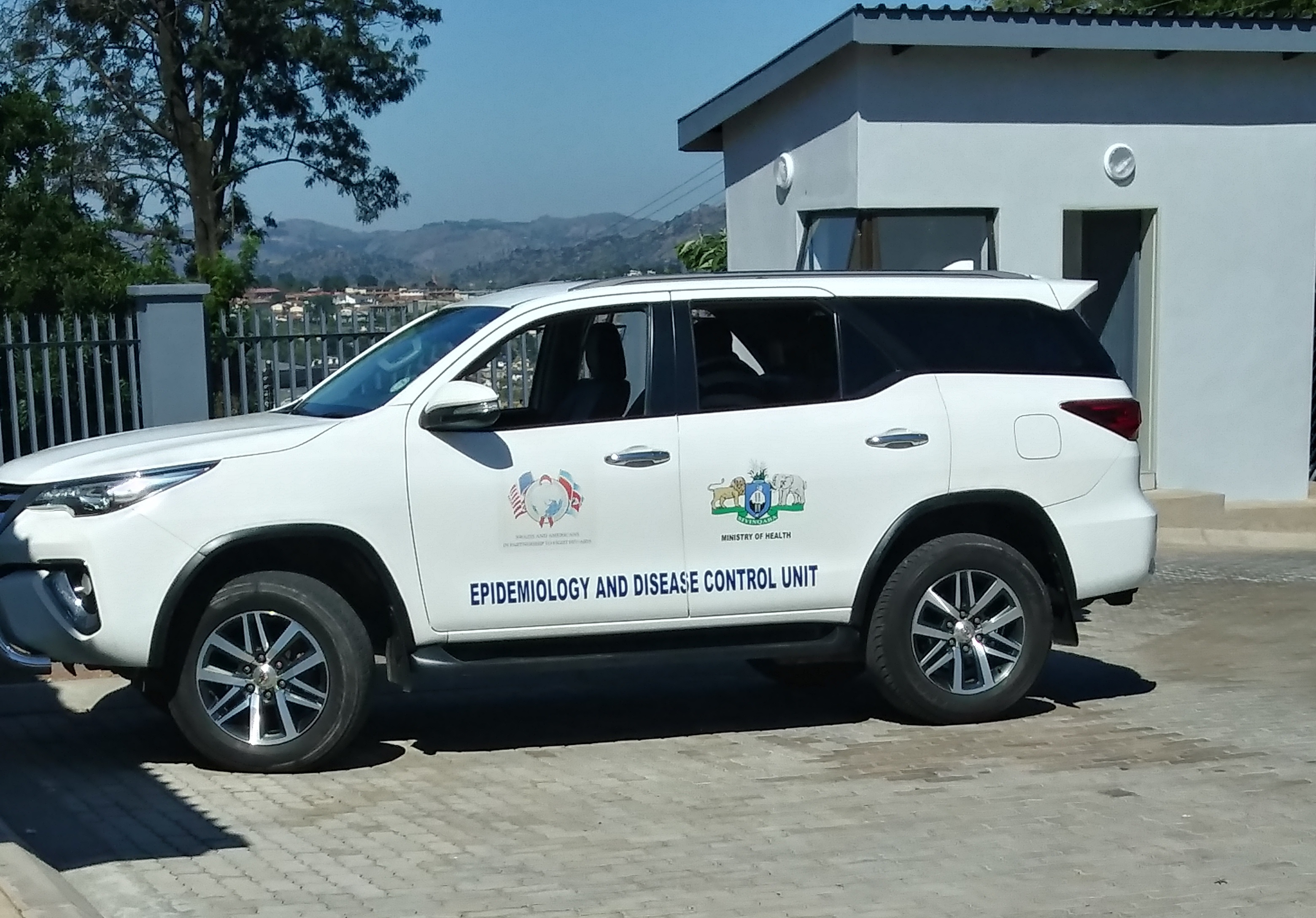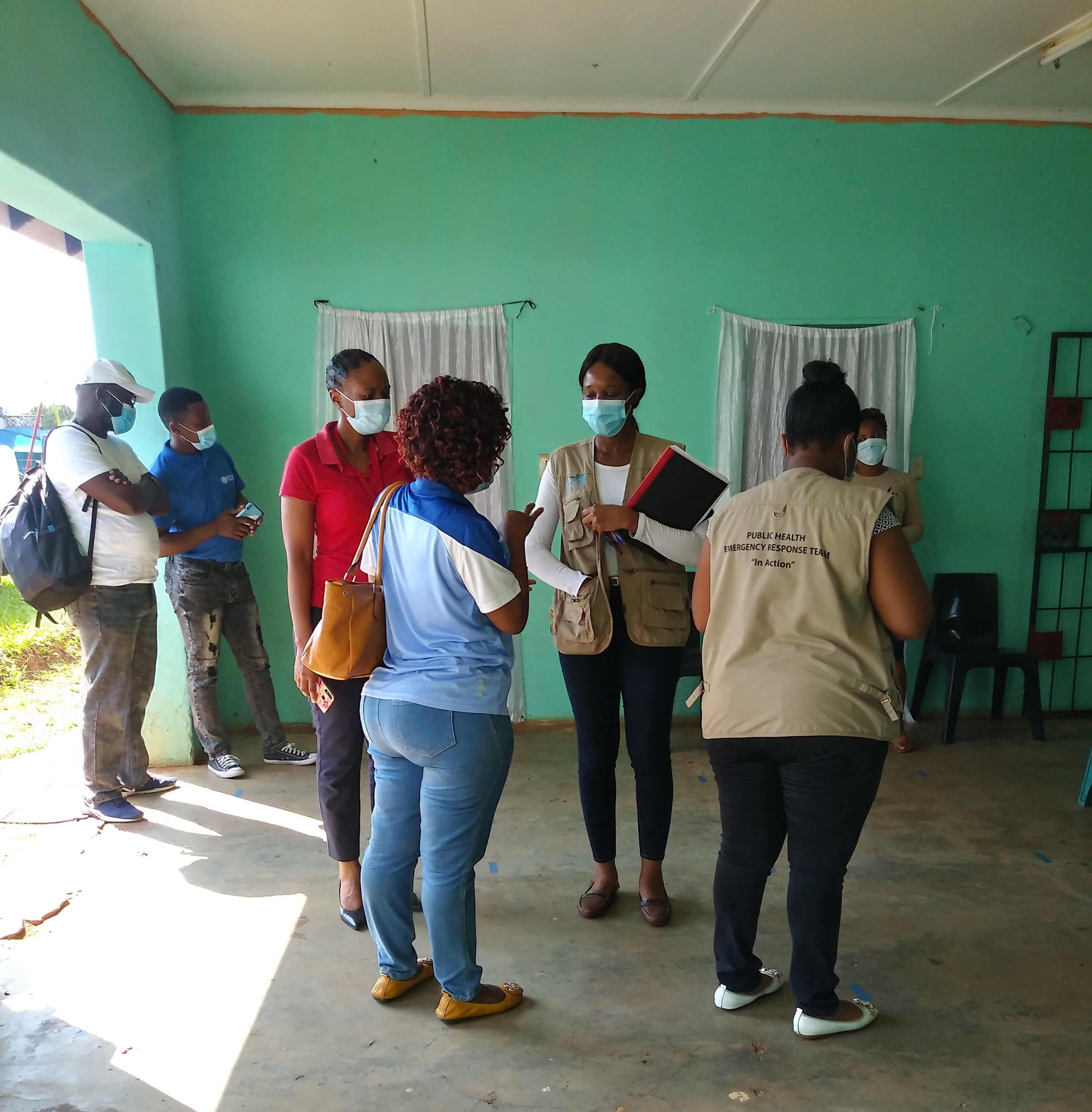In Swaziland, communicable diseases remain the most common cause of morbidity and mortality. In addition, there are emerging patterns of rising non-communicable diseases; for example nutritional disorders are also a major contributor to the mortality and morbidity. Like all countries globally, Swaziland is not spared from the emerging and re-emerging diseases and events of international concern. Measuring these health conditions and outcomes can guide health personnel decision-making, programme implementation, policy development, and evaluation activities.
- The Epidemiology and Disease Control Unit (EDCU) is one component of the Strategic and Information Department (SID) within the Ministry of Health (MoH).
- The SID serves the critical role of generating and organizing strategic information to guide policy and processes and as well as implementing strategies for disease control and prevention. To enhance disease surveillance, Swaziland has adopted an “integrated approach” to streamline all surveillance activities. Integration means coordinating and streamlining surveillance functions common to all disease-specific control programs, including data collection, data reporting, and dissemination, as well as support functions such as training, supervision, monitoring and evaluation of the surveillance and response systems.
- To align with international efforts of disease detection, prevention, and response the EDCU aims to adhere to the principles of Integrated Disease Surveillance and Response (IDSR) framework, International Health Regulations 2005 (IHR[2005]), and the Global Health Security Agenda (GHSA). Additionally, the EDCU seeks to support and fulfill the broader tenets of epidemiology practice, including to support scientific research to identify the distribution and determinants of disease, present information to support decision-making, and recommend evidence-based prevention measures to improve the general health status of the citizens of Swaziland.
Mission
- To provide by 2020– through strengthened epidemiologic surveillance systems – reliable, timely, and accurate information on distribution, patterns and determinants of diseases, health related conditions, and events, and to promote use of this information to identify causative factors and inform evidence-based decision making in public health policy and program implementation to reduce morbidity and mortality in Swaziland.
Vision
- To improve population health outcomes by minimizing the impact and spread of disease through establishment of strong epidemiologic and public health surveillance practices that inform national policy making, resource allocation, and the national health system.
Goal
- To improve the availability and use of surveillance including laboratory information that supports timely detection and response to the leading causes of illness, death, and disability to reduce morbidity and mortality in Swaziland.


